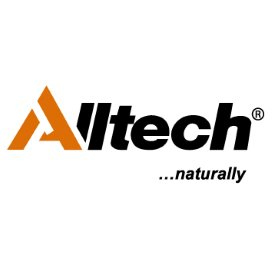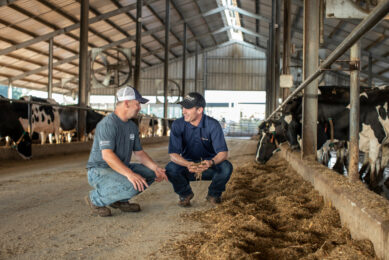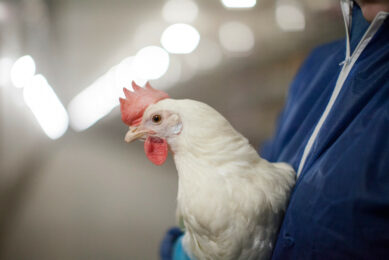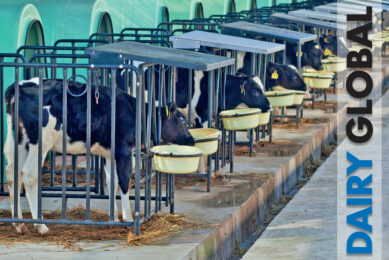Effective strategies to optimise silage quality
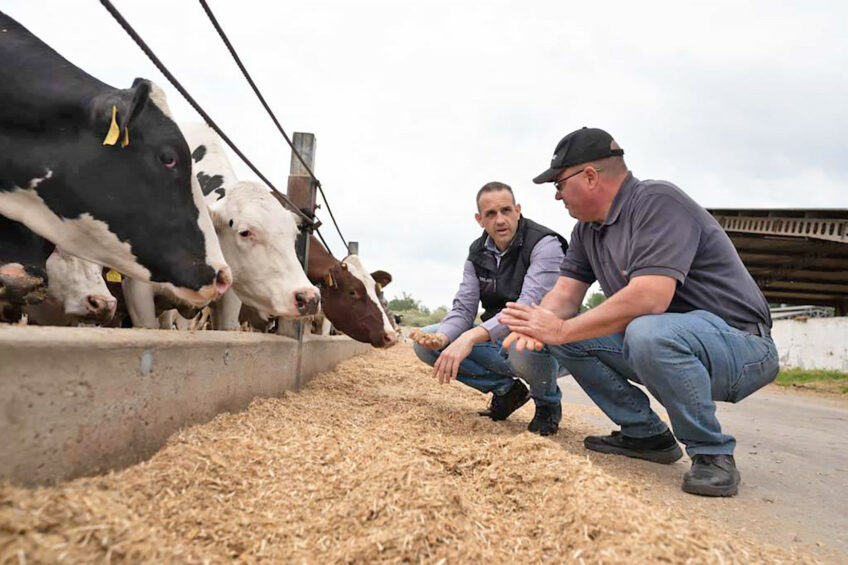
Silage quality poses a complex challenge, it impacts the nutritional value, safety and effectiveness of feed. Base nutrition is determined by forage type and harvest timing, and further feed value is influenced by managing air and microbiology during fermentation, storage and feed out.
Effective silage storage is just as vital as the ensiling itself. Damage to the plastic cover — whether standard, vacuum or oxygen barrier — can allow air to enter, changing the silage’s microbiology and fermentation characteristics. This can lead to mycotoxins and undesirable acids being produced, resulting in greater losses and reduced palatability.
Effective silage management is the cornerstone of maximising feed efficiency and nutritional value.
10 Tips for Smart Silage Management
![]() Harvest at the right time:
Harvest at the right time:
Ensure that forage is harvested at the optimal stage of maturity to maximise nutrient content and digestibility.
![]() Keep silage clean:
Keep silage clean:
Ensure that forage is free from soil and manure contamination, to prevent spoilage and maintain feed quality.
![]() Chop forage correctly:
Chop forage correctly:
This ensures good packing density, reducing air pockets and promoting better fermentation.
![]() Use appropriate inoculants:
Use appropriate inoculants:
Select the right type of inoculant for your forage to enhance fermentation and nutrient retention.
![]() Ensile forage rapidly:
Ensile forage rapidly:
This minimises exposure to air and reduces the risk of spoilage.
![]() Compact silage tightly:
Compact silage tightly:
This expels as much air as possible, promoting the anaerobic conditions necessary for proper fermentation.
![]() Cover and seal silage immediately:
Cover and seal silage immediately:
Do this as soon as possible to prevent air infiltration and spoilage.
![]() Monitor storage conditions:
Monitor storage conditions:
Regularly inspect silage covers for damage. Repair any holes immediately to maintain anaerobic conditions.
![]() Manage feed out:
Manage feed out:
Use appropriate equipment to minimise disruption to the silage face and reduce the introduction of oxygen during feed out.
![]() Monitor for mycotoxins:
Monitor for mycotoxins:
Regularly test silage for this hidden threat during storage and prior to feed-out, and especially if animal health issues arise.
Different types of silage inoculants
Even the best-managed silage can sometimes become spoiled or contaminated. An effective silage inoculant provides extra protection by enhancing the fermentation process, improving nutrient retention, and ensuring feed quality over time.
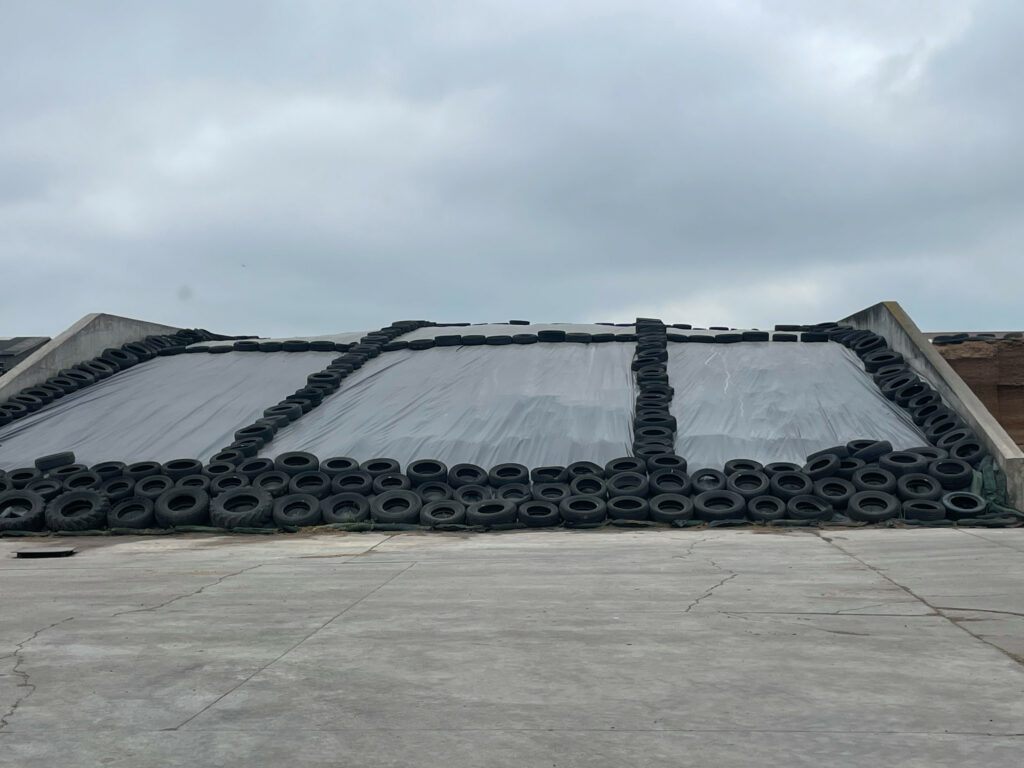
There are 3 main types of silage inoculants:
- Homofermentative inoculants maximise dry matter and nutrient retention.
- Heterofermentative inoculants or those combined with salts are ideal for early opening or slow feed out, as they reduce heating despite lower dry matter retention.
- Combination inoculants balance efficient fermentation, early opening, and long-term stability. With Alltech’s advanced Egalis range of silage inoculants, fermentation is controlled by high-specification homolactic bacteria and broad-spectrum inhibitory salts.
Egalis technologies include:
– Egalis Ferment: Ideal for all forages, it harnesses the combined power of Lactiplantibacillus plantarum and Pediococcus pentosaceus to rapidly achieve a stable final pH, regardless of dry matter or buffering capacity.
– Egalis Rapid: Designed for maize/corn and sorghum silage, it deploys Pediococcus pentosaceus and Lacticaseibacillus rhamnosus to drive lactic fermentation while maintaining dry matter and palatability.
– Egalis Stability: Suitable for all forages, especially high dry matter silage which is at higher risk of heating. This technology uses Lactiplantibacillus plantarum, Pediococcus pentosaceus and potassium sorbate to inhibit yeast and mould growth, enhancing silage stability during feeding.
Hunland Group: Focus on forage quality
Based in Hungary, Hunland Group is a global leader in livestock farming, managing 38,000 cattle including fattening cattle, calves, dairy cows and breeding heifers. Committed to innovation and sustainability, Hunland Group leverages advanced farming techniques and partnerships with industry leaders like Alltech to enhance feed quality and efficiency.
Since implementing Egalis Ferment, Hunland has seen remarkable improvements in feed production efficiency and cost management. Simply by adding this one Alltech solution to preserve nutritional content and prevent losses, Hunland is reaping significant cost savings.
“By achieving such high nutritional content in the product, we were able to reduce the cost of feedstuff per unit, which is essential for me,” says Zoltán Guti, production director at Hunland. “We place a huge focus on this, aiming to store and preserve the feedstuff with high nutritional content with minimal losses. This helps to reduce the need for additional feed supplements in the total mixed ration (TMR), thereby reducing our costs and the cost per kilogram of feed for milk production.”
Optimising forage quality from field to feed
Effective silage management is the cornerstone of maximising feed efficiency and nutritional value. By meticulously overseeing each stage, farmers can significantly enhance their silage quality and overall farm productivity. In addition to a range of inoculants, Alltech recognises the need to holistically support producers in ensuring that animals receive the best quality nutrition each day. Programmes and technologies such as mycotoxin testing, in vitro ration analysis, nutritional technologies and expert technical support all combine to meet the growing demands of modern livestock production.
For more information on Egalis and other Alltech solutions and services, visit https://www.alltech.com/egalis, or contact your local Alltech representative for farm-specific advice.


